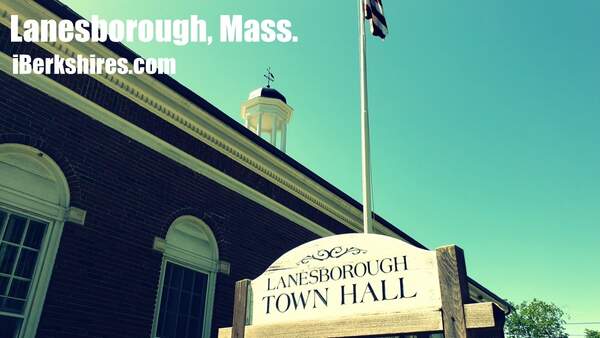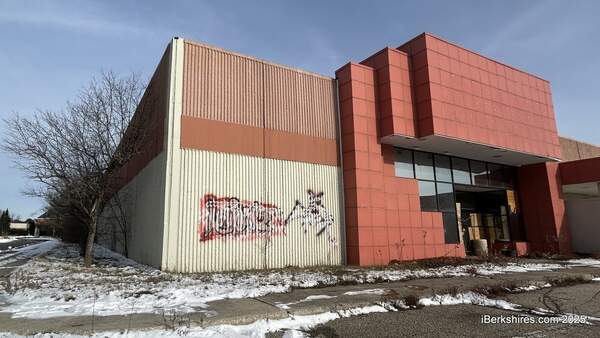Pittsfield Health Board OKs Same Mosquito Plan
PITTSFIELD, Mass. — The city's mosquito control plan will remain the same this year. Earlier this month, the Board of Health approved a mosquito control plan for 2025 that mimics the previous years.
"I don't have any changes to our plan," Chris Horton, superintendent of the Berkshire County Mosquito Control Project, told the board.
Between May and October 2024, more than 25,700 mosquitoes were collected. Out of the 188 pools submitted to the Department of Public Health, five pools tested positive for West Nile virus. There were 15 positive instances of West Nile in the county but no human cases, though there were south of Sheffield.
Mosquito presence peaked in early June when there was a "big" spike in Culex mosquitoes, and that was concerning because that is the vector for West Nile virus," Horton explained.
One trap caught more than 350 insects in one night, which is "of concern." The trap site with the highest average was on Garland Avenue off North Street.
"I think it might have been because we had the holdover water from the previous year. Everything was wet. It was a good condition for them to breed in. Those populations dropped off rapidly and stayed low through the remainder of the season," Horton said.
"In the meantime, we're going to all the breeding spots, we're treating where we're finding larvae, we're treating all the catch basins in the city, we're collecting tires, all with the aim of keeping that population low."
For larvae, BCMCP treated more than 5,700 catch basins and 184 acres of wetlands with bacterial products.
The WNV isolations occurred later in the season, in August and September.
"We made a recommendation for adult control one mile around each of them. The board didn't want to do adult control based on mosquito numbers. Our mosquito numbers were very small," Horton said.
"… The number of positives was not above average for the city, so that being said, I was a little bit apprehensive not to go and kill the mosquitoes that were there because if we had a positive, I wanted to do what I could do, which is spray that one-mile radius around that isolation. But I understand that it's the board's decision."
The 2024 plan included new community engagement efforts and a new process for opting out of mosquito control facilitated by the health department. Director of Public Health Andy Cambi reported that the city, working with BCMCP, has "definitely" ramped up community outreach.
Mosquito spraying was discontinued in 2021 and has been a contentious issue, with the City Council taking votes against it and residents polarized — some believing that the spray does more harm than good, and others arguing that it is necessary.
Board member Dr. Jeffrey Leppo asked what the tipping point is for the board, adding, "I think this group for a long time has felt like one death would be too much."
"We have the numbers in from past years when we have sprayed that, we've been able to track a tremendous drop in the numbers of mosquitoes in areas we're trying to stop," he said.
So we have some sense that we're not just willy-nilly spraying, we're very targeted, we've got a special product, and I think we're doing the best we can to try to make sure that we don't experience a bad case or obviously a death."
He feels this plan is a middle ground.
"I don't think it's perfect. We can't stop it completely, but I think doing nothing is also— we're drawing a somewhat arbitrary line, and we're measuring what we're doing, and I think that's a reasonable approach from a board of health perspective," he said.
Horton added that the city is somewhat dependent on Mass DPH, which sets the risk level used as a parameter for spraying.
"I think when that call comes in that we have a positive, we have a pretty good protocol to go through to help us make the decision around, do we or don't we?" Chair Roberta Elliott asked.
"And you generally always do recommend it."
Horton replied that he recommends spraying if there is a case of disease, not so much for high mosquito counts.
Tags: board of health, mosquito spraying, West Nile,















